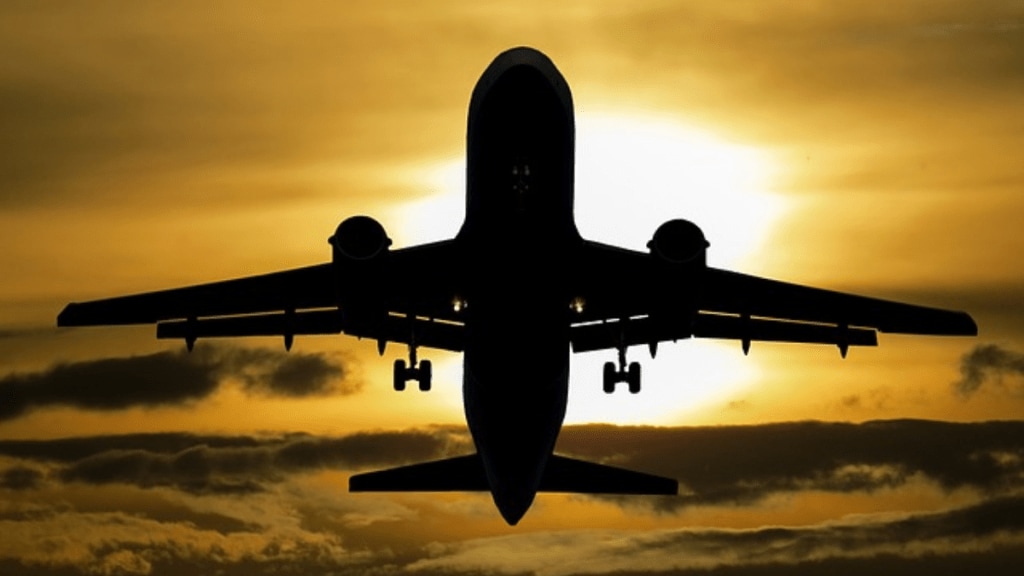French aviation training company Simaero announced plans to open its first flight simulator training centre in India by early 2025. Located in the national capital, the facility will cater to the growing demand for trained pilots in one of the world’s fastest-expanding aviation markets.
Partnership with Havelsan for Advanced A320 Neo Simulator
To kickstart operations, Simaero has partnered with Turkish company Havelsan to acquire its first full-flight simulator for the Airbus A320 neo aircraft. This collaboration highlights Simaero’s commitment to bringing cutting-edge simulation technology to India.
Plans for Expansion and Significant Investment
Simaero India’s General Manager, Khushbeg Jattana, revealed that the Delhi training facility will eventually house eight full-flight simulators for narrow-body aircraft, including the A320 neo, ATR 72-600, and Boeing 737. Additionally, plans are in motion to introduce a simulator for wide-body aircraft by 2026 or 2027. The company has committed a substantial €200 million investment over the next decade to establish training facilities across India.
Strategic Move to Meet India’s Growing Aviation Needs
India’s booming aviation market, with domestic airlines placing orders for approximately 1,500 aircraft slated for delivery in the coming years, has created a surge in demand for well-trained pilots. Simaero’s foray into India is a strategic move to address this need, offering advanced simulation engineering solutions and pilot training.
Simaero: A Global Leader in Pilot Training
With expertise in full-flight simulators and simulation engineering solutions, Simaero has established itself as a leading name in aviation training. Its entry into India aligns with the nation’s ambitions to become a global hub for aviation and pilot training.
The operationalisation of Simaero’s Delhi facility in 2025 and its future expansions signal a promising leap for India’s aviation training infrastructure. This initiative will not only bolster the country’s aviation capabilities but also pave the way for more advanced pilot training technologies in the region.


